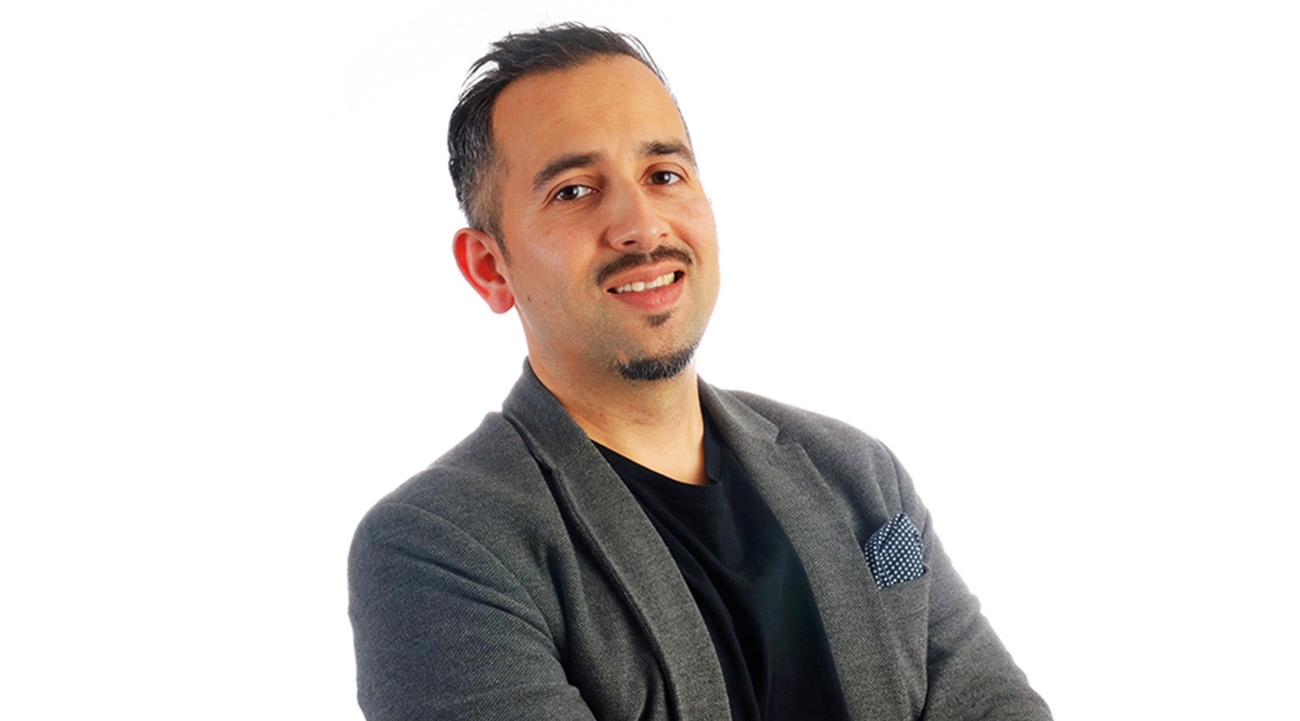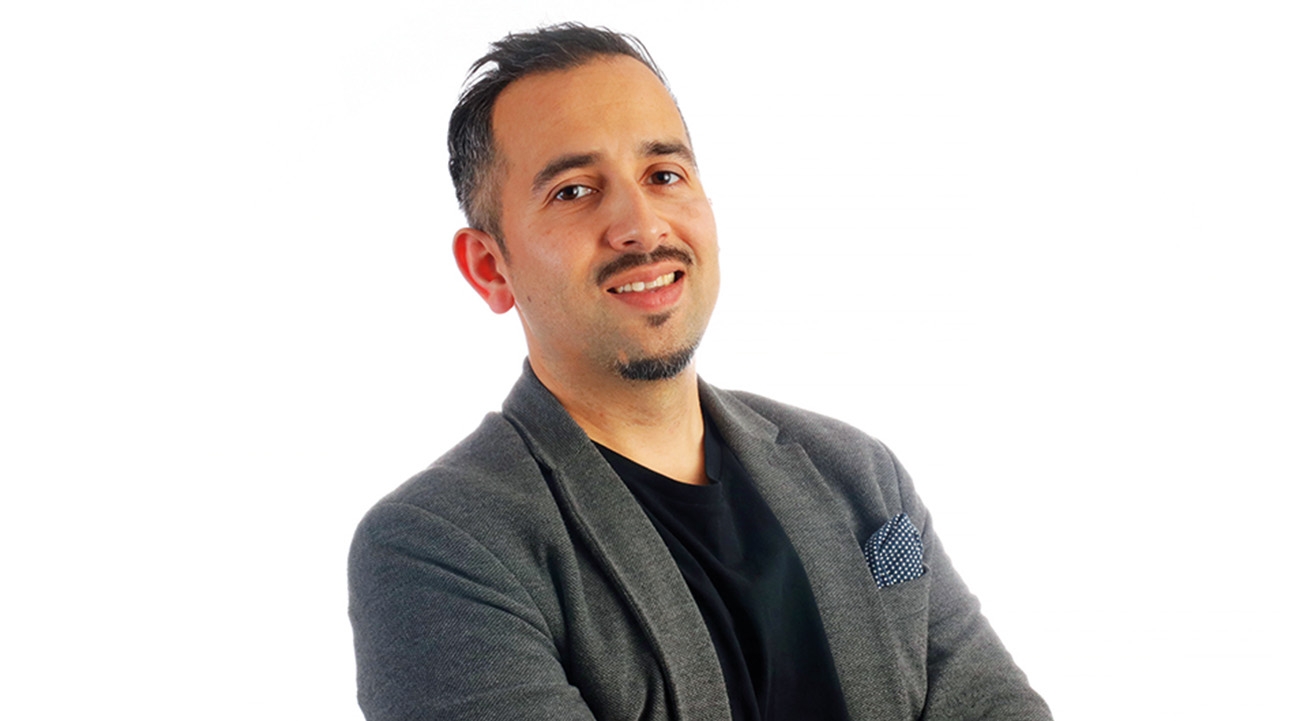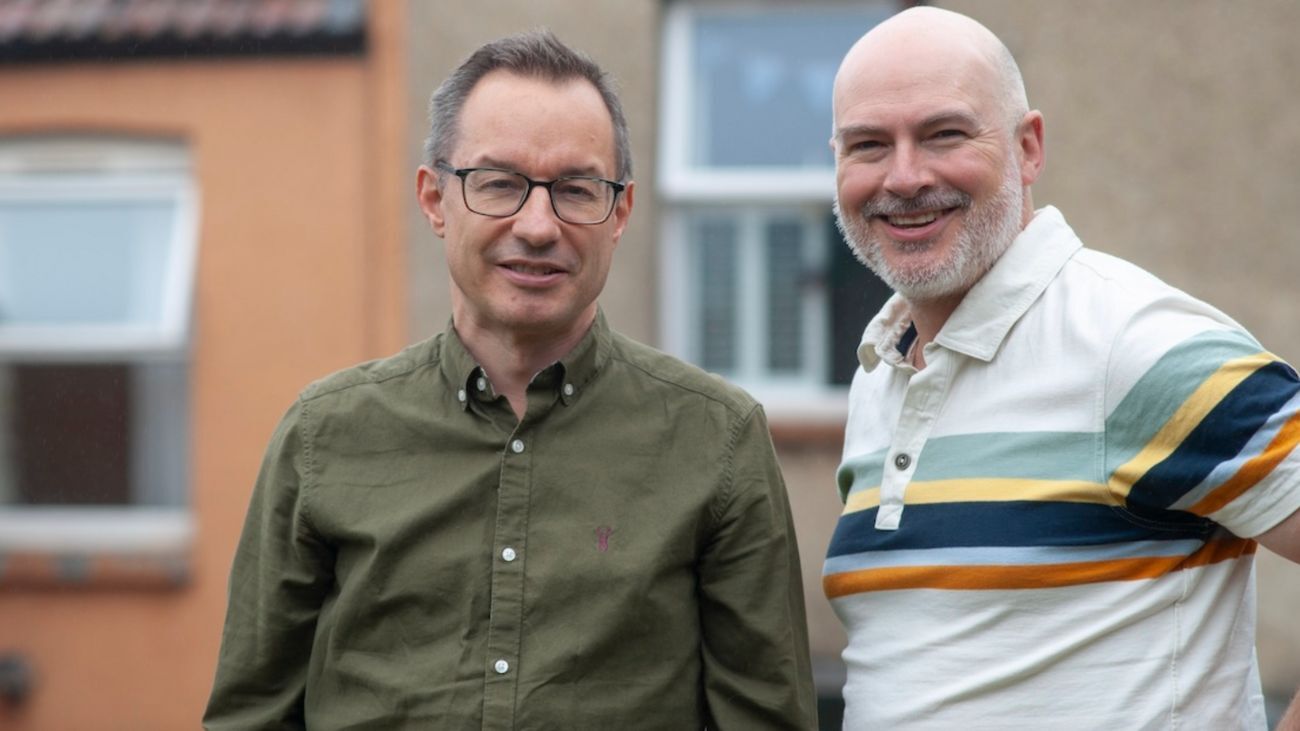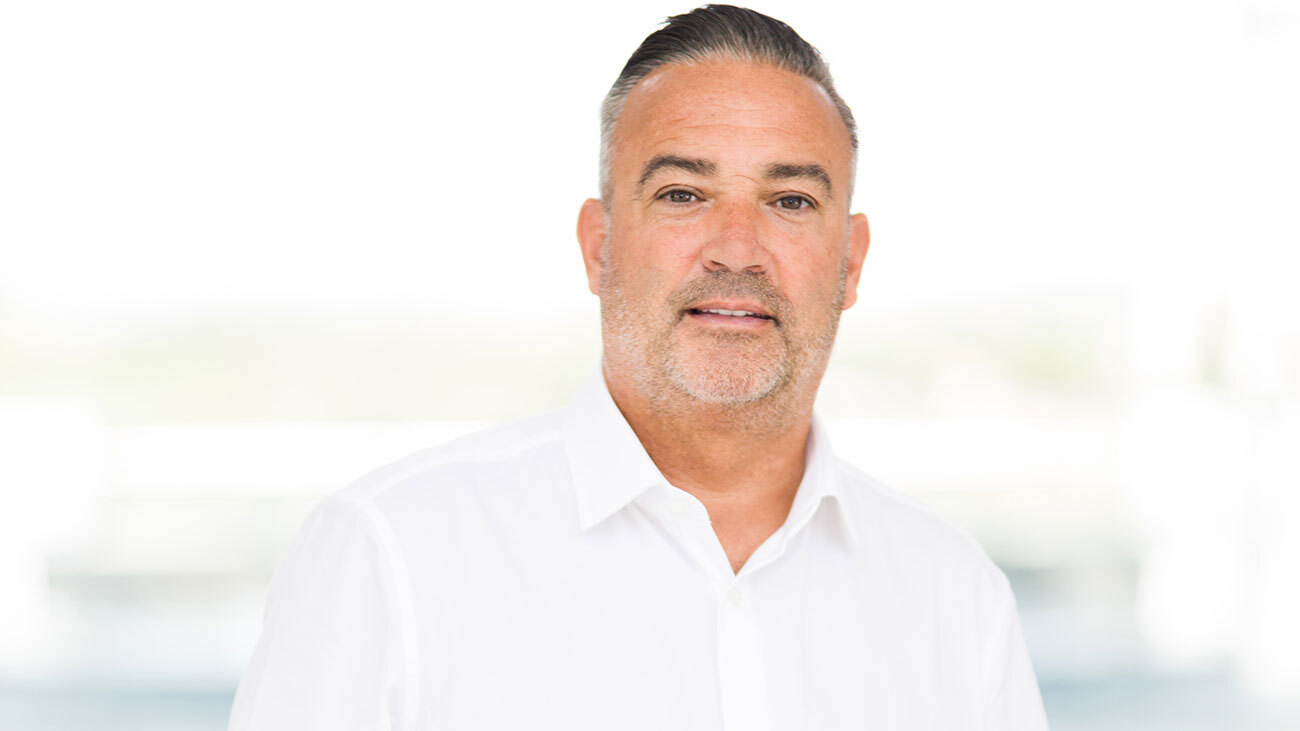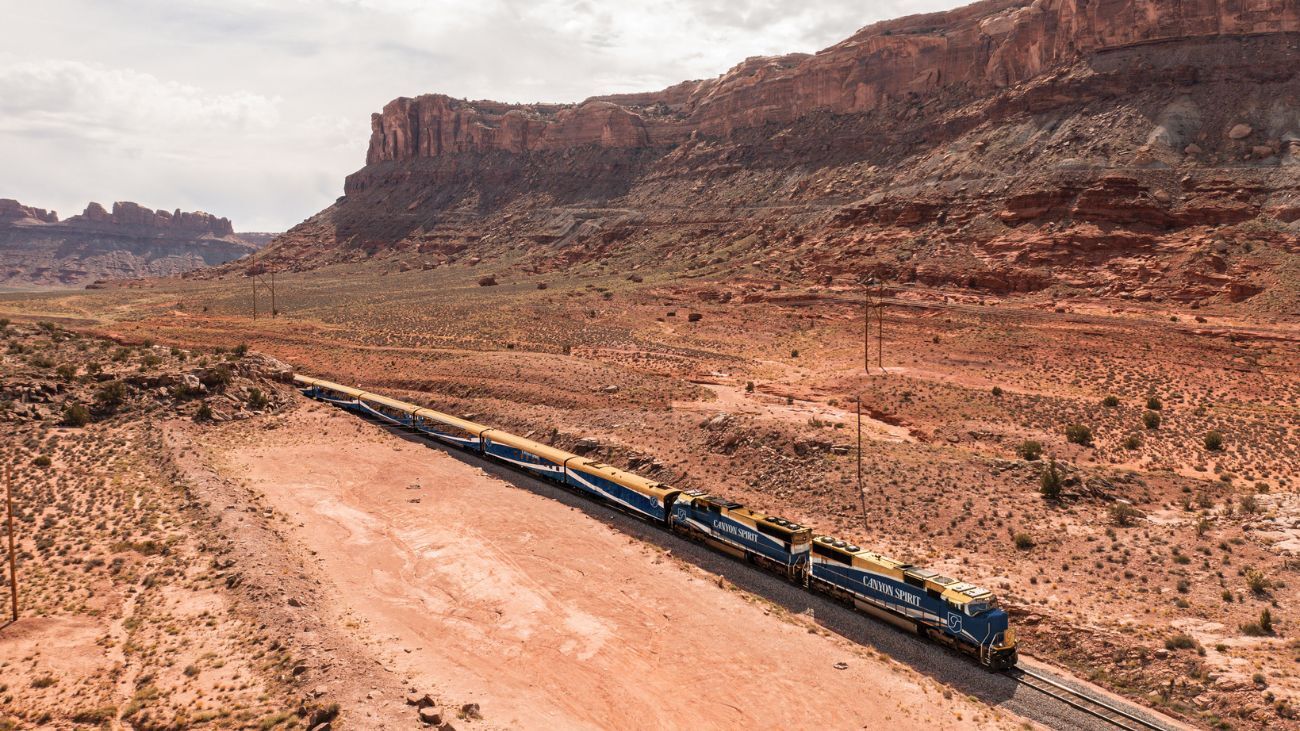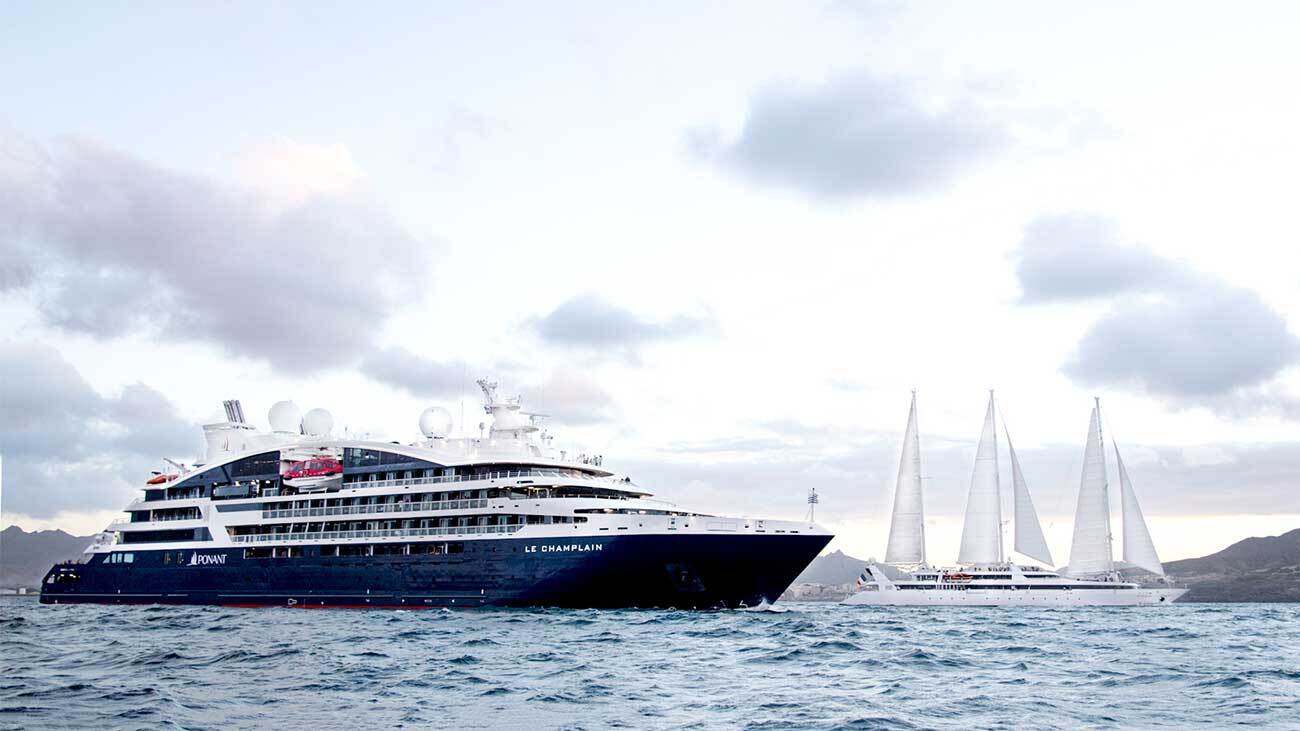Luxury travel sector must ‘do better’ on sustainability
Experts issued a rallying cry for action on sustainability at this year’s Leaders of Luxury conference.
Journalist, sustainability consultant and broadcaster Juliet Kinsman (pictured) called on the industry to “do better” as she highlighted the severity of climate change and warned the luxury sector was “contributing to that problem”.
She said: “There are eight billion people in this world and four billion of them are already on the frontline of extreme weather.
“Italy declared a state of emergency in five regions due to drought [last week], Portugal [recently] had the worst drought they've ever experienced, Australia is flooding.
“The climate emergency is already here. It's only going to get worse. I think we all agree we need to do better.”
Activist Justin Francis, who founded Responsible Travel in 2001, implored the audience to consider the “marginalised communities” that might be impacted by irresponsible travel.
He said: “90% of the world's population will not fly in a year. Just 4% of the world's population will take an overseas holiday each year. One third of the world's population doesn't have access to clean drinking water. It’s just shocking.
“Every hotel, every resort and all the infrastructure for tourism uses precious raw materials in their construction and maintenance. All of that comes from somewhere. The places we take it from, we often take it at rates that is faster than it can replenish over exploitation of nature. And guess who faces the worst consequence of that? Typically, it's the less well-off and marginalised communities.”
Green solutions
Francis highlighted Responsible Travel’s Trip for a Trip initiative, which gives travellers the opportunity to send a disadvantaged child or young person on a day trip every time they book a holiday with the operator at no extra cost. Since the company started the initiative, it has helped over 4,000 children explore the world.
“The question that I've asked of our business is how do we treat the weakest and the poorest in our supply chains, in the local places in which our businesses are based and in the destinations where we operate?
“One of the ideas that we had was Trip for a Trip, so when a customer books a wonderful luxury holiday experience, there's an opportunity for a kid from a disadvantaged background to see that there's more to life than the poverty often which surrounds them.
“We've done that for kids in Brighton who'd never been to the beach and we've done it in South Africa for some of the kids who've never seen a lion and it's absolutely incredible.”
He added: “Please copy that idea. Think about doing a trip for a trip yourself, not just in the destination, but in the neighbourhood in which you operate.”
Agent Karen Simmons encouraged delegates to utilise the resources of the Tourism Declares a Climate Emergency community, which recently merged with the Future of Tourism Coalition, and the World Tourism Organisation.
Simmonds, who owns London-based agency Travel Matters and founded the Make Travel Matter campaign in 2009 to encourage clients to travel more sustainably, also urged agents to use their “power” as a luxury travel seller to influence clients’ holiday decisions for the better.
“It's all about a conversation,” she said. “As travel agents, we do a hell of a lot talking to sell products to people. There's power in what you do as a travel advisor and so if you're clued up on certain things, and it needs to come with some authenticity as well, that's going to come through education.
“We're not trying to be preachy, I think we can just share our knowledge and choose [the right] partners – there’s certainly companies out there that are doing right.”
Kinsman acknowledged that the topic of sustainability was often “overwhelming” but asked business owners not to revert to “business as usual” post-pandemic.
Asked about the power of carbon offsetting, she said it was “better than nothing” but maintained the focus should be on wealth distribution.
She said: “You [should] encourage everyone that you work with, in your supply chain and your clients to leave more money in local pockets. Ask yourself: is this decision helping local communities and is it helping nature? Be honest. Really look at what you're doing. Because it's not often that luxury travel businesses are actually regenerating community or nature.”
She added: “Language matters. We need to think about how we describe things. You can't just use buzzwords, you need to explain, you need to demonstrate what the challenges are and how your business is actively providing a solution and helping.”
Silversea’s managing director for the UK and Ireland, Peter Shanks, said sustainable tourism was “massively important” to the luxury line, and called on the cruise industry to work together to “find the best solution”.
Silversea’s upcoming ship, Silver Nova, will be 40% more energy efficient than the line’s latest ships, Silver Origin and Silver Dawn. Silver Nova will also be the first of the fleet to have LNG fuel, as well as the ability to have shore power and innovative waste management systems.
But Shanks said sustainability was a matter of “balance” as he highlighted the economic benefits tourism can bring to local communities.
He said: “When we talk about sustainability, we often talk about carbon. But travelling is really important. Whether it's Caribbean islands, the Mediterranean or far flung destinations, the economic benefit that travel generally brings is fantastic so it's a matter of balance, because we don't all want to stop travelling, we just want to travel responsibly.”
Redefining luxury
Francis and Kinsman both agreed the industry needed to “redefine” luxury to truly make progress in the fight for a greener planet.
Francis said he believed there was a way for the industry to “be proud” of selling luxury experiences to affluent travellers while still supporting those worse off.
“What I'm laying out is the idea that we could bring together two quite different concepts of inclusivity and exclusivity,” he said.
“I believe there's a way for us to celebrate and be proud of selling exclusive holiday experiences, but to make them more inclusive as well. Inclusive exclusivity.
“Let's bring in the marginalised. Let's help them have an opportunity to earn money from tourism or to have a better path for themselves. I think that's where the future lies.”
Kinsman added: “Let's redefine luxury. Let's not set it as about amenities and things and stuff and indulgence. Make sure that you're selling these rare, money-can't-buy, life-enhancing experiences that involve paying people properly.
“Luxury and sustainability: they're not mutually exclusive. They're both about high quality. They should mean the same thing.”

